12 essential songs that defined 1967
It was perhaps the world’s finest hour of music during the Summer of Love, where the charts were dominated with psychedelic pop, drug-fuelled rock ‘n’ roll and tunes peppered with political messages. Graeme Ross rounds up the best tunes from each month of that glorified year
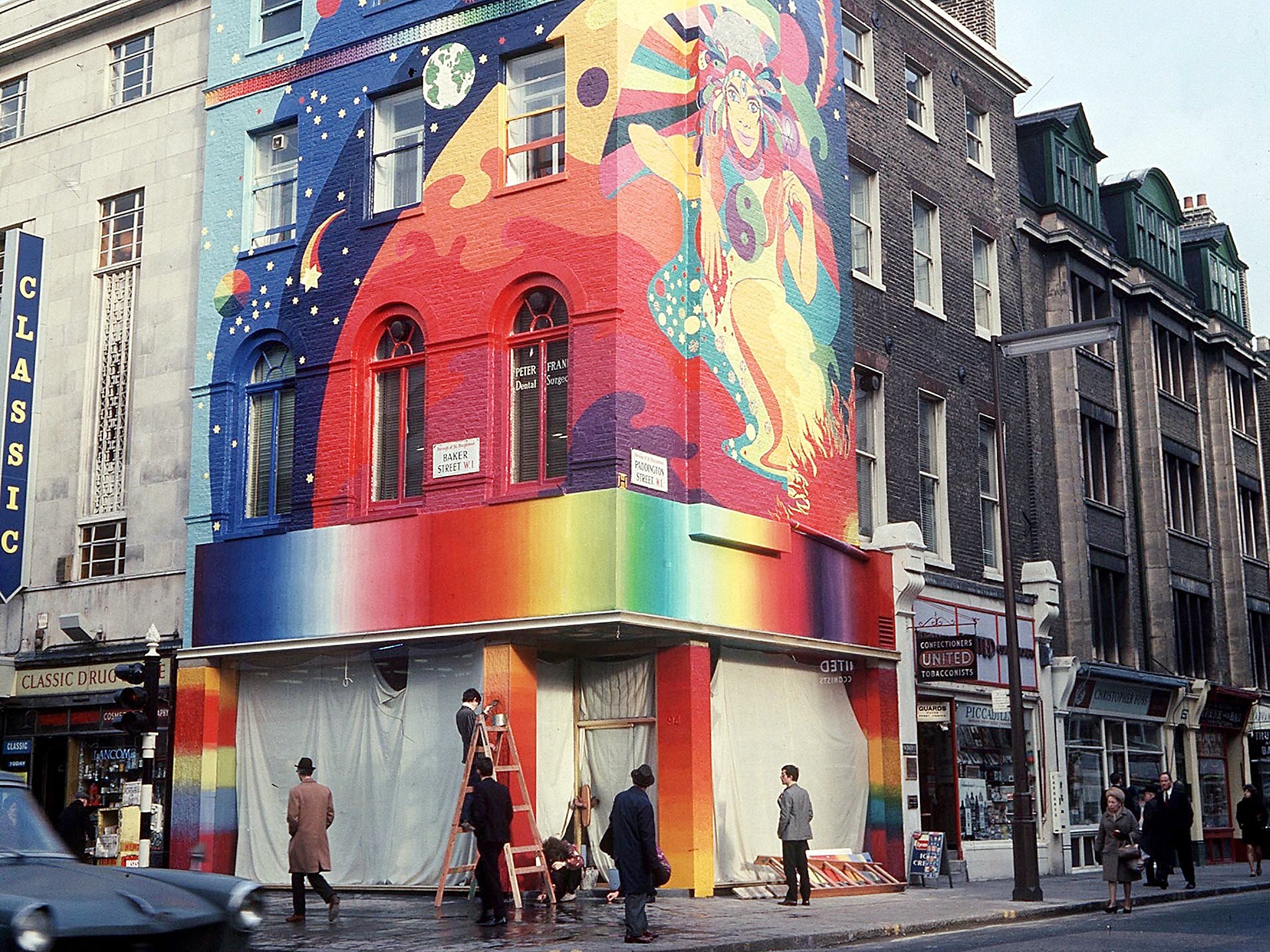
It’s an argument that has raged for years and will continue to do so. What was the greatest year in popular music? Leaving aside the sobering fact that the UK music scene in 1967 was as much about middle of the road kingpins like Vince Hill, Des O’Connor and Engelbert Humperdinck as The Beatles, The Stones and the myriad other acts who found their muse in the drug fuelled, rainbow coloured musical landscape, and without for one minute buying into the myth of the Summer of Love hippie ethos I would opt for 1967, the year that witnessed a smorgasbord of classic pop, psychedelia, flower power and genre expanding rock. Because as a wise man once said, “It’s what’s in the grooves that counts.”
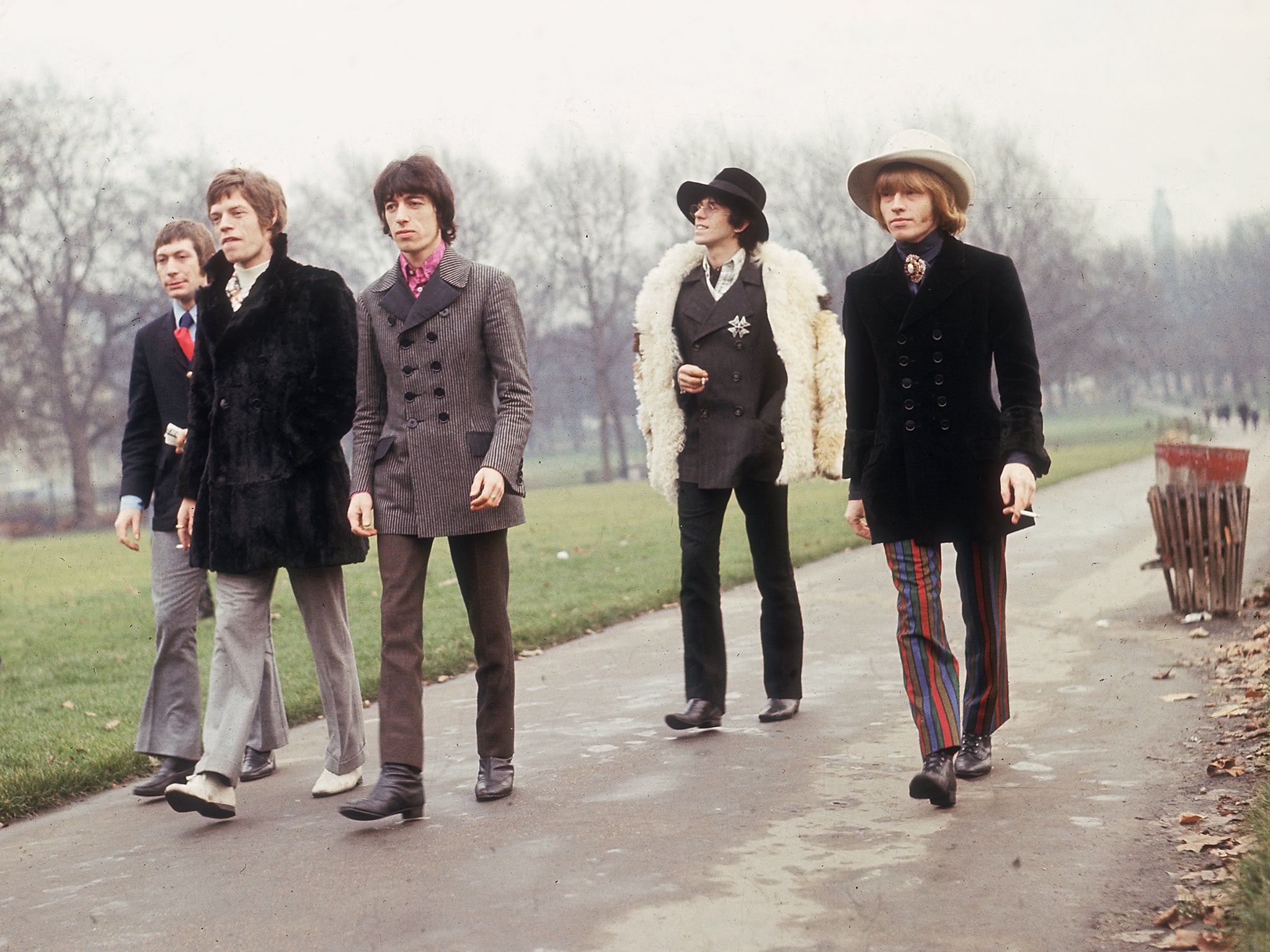
January: Let’s Spend the Night Together – The Rolling Stones. Thumbing their noses at the burgeoning trend of psychedelia and the mores of the British establishment, the Stones burst out of the traps and kick-started the year with yet another great down and dirty rock ‘n’ roll single whose’ salacious title guaranteed controversy. A tumultuous year for the Stones would encompass drug busts, quashed jail sentences and censorship when Mick Jagger was forced to change the lyrics to “Let’s spend some time together” when performing the song in the States on the influential Ed Sullivan Show. But in the eyes of some, their most infamous transgression was their refusal to join the revolving stage at the end of their appearance on Sunday Night at the London Palladium, considered a heinous crime in 1967.
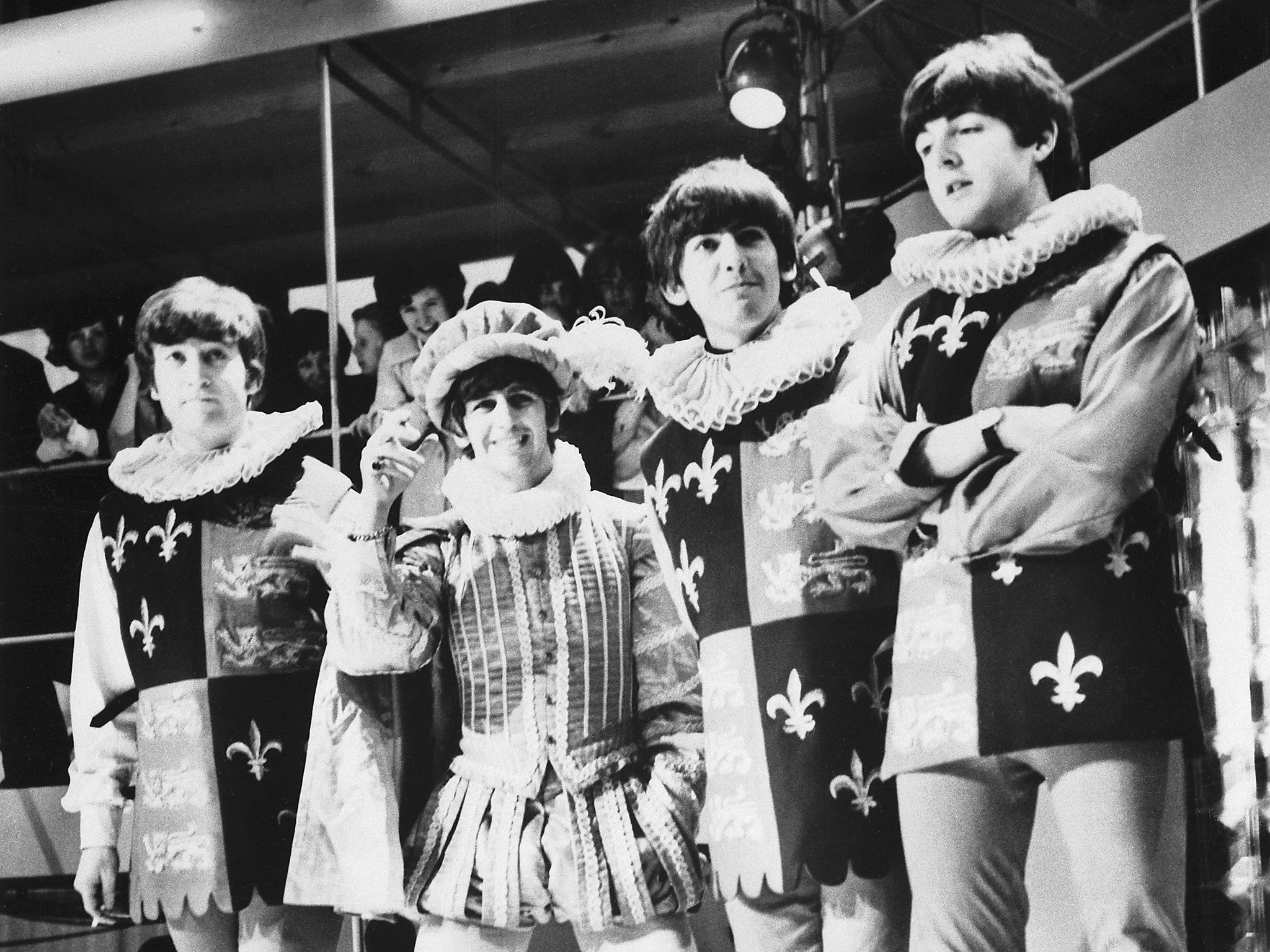
February: Strawberry Fields Forever – The Beatles. Liverpool’s Strawberry Field children’s home and its grounds held special memories for John Lennon and inspired one of his greatest achievements, an effects-laden paean to his childhood haven drenched in hallucinogenic overdubs and owing much to the genius of George Martin. Originally cited for inclusion on Sgt Pepper but instead released as a double A-side single along with Paul McCartney’s equally brilliant and nostalgic “Penny Lane”, “Strawberry Fields Forever” was pop music presented as art, a quantum leap in the group’s development, and a record that set the standard and style for the year to come.
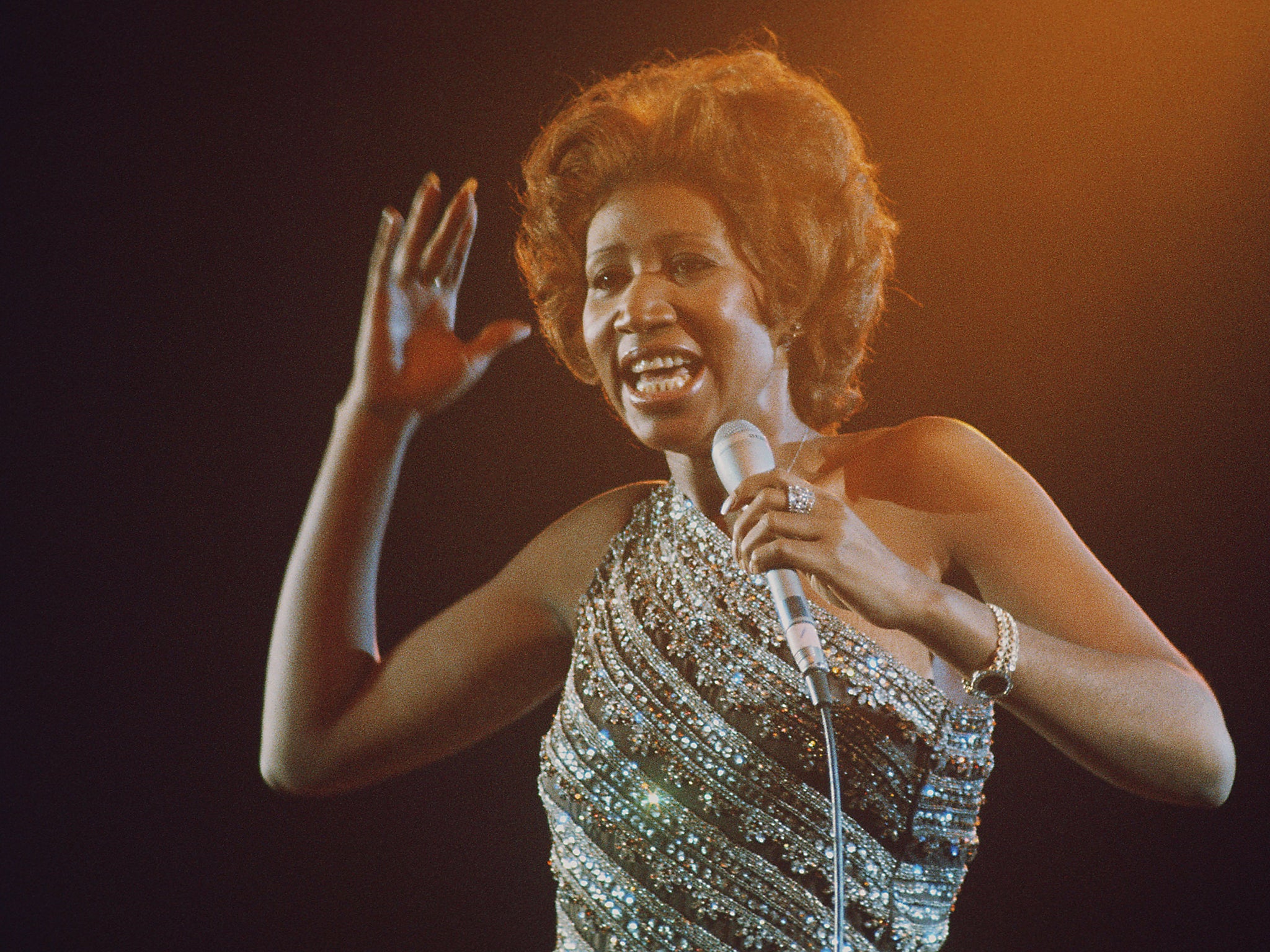
March: Respect – Aretha Franklin. It’s easy to forget that the 1967 witnessed widespread civil unrest and race riots in the USA and it was against that backdrop that Aretha at last fulfilled her immense potential with her epochal I Never Loved a Man the Way I Loved You album, containing a cover of Otis Redding’s “Respect”, which the Queen of Soul transformed into a feminist and civil rights call to arms, as relevant now as fifty years ago. Aretha’s exhilarating vocal and “give me my propers” attitude swept “Respect” into the UK top ten and to the top of the Billboard hot 100. Quite simply, one of the greatest records ever made.
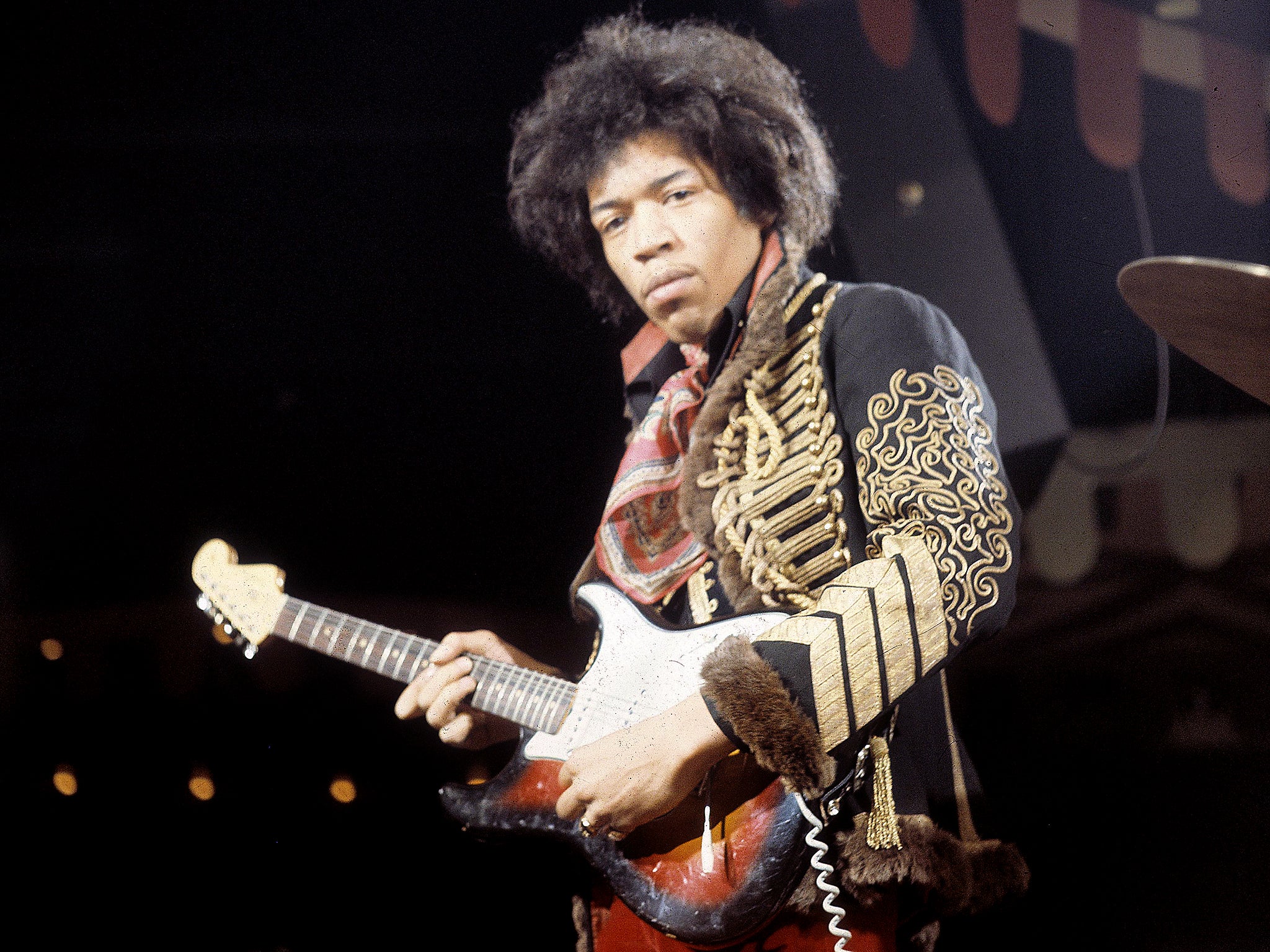
April: Purple Haze – The Jimi Hendrix Experience. Debut single “Hey Joe” hinted at his greatness as Jimi Hendrix and his unique talent arrived fully formed in the UK at the tail end of 1966, but with the follow-up single and attendant album Are You Experienced Hendrix kissed the sky and lit up the scene like a psychedelic visionary bound for the stratosphere. The ear-shredding sonic majesty of “Purple Haze” with its stunning opening riff, Fender Stratocaster pyrotechnics and innovative sound effects was like nothing that had come before and just imagine the impact of “Purple Haze” as it incongruously took its place in a UK singles chart that listed Engelbert Humperdinck, Harry Secombe and Vince Hill as the top three, ultimately reaching number three itself.
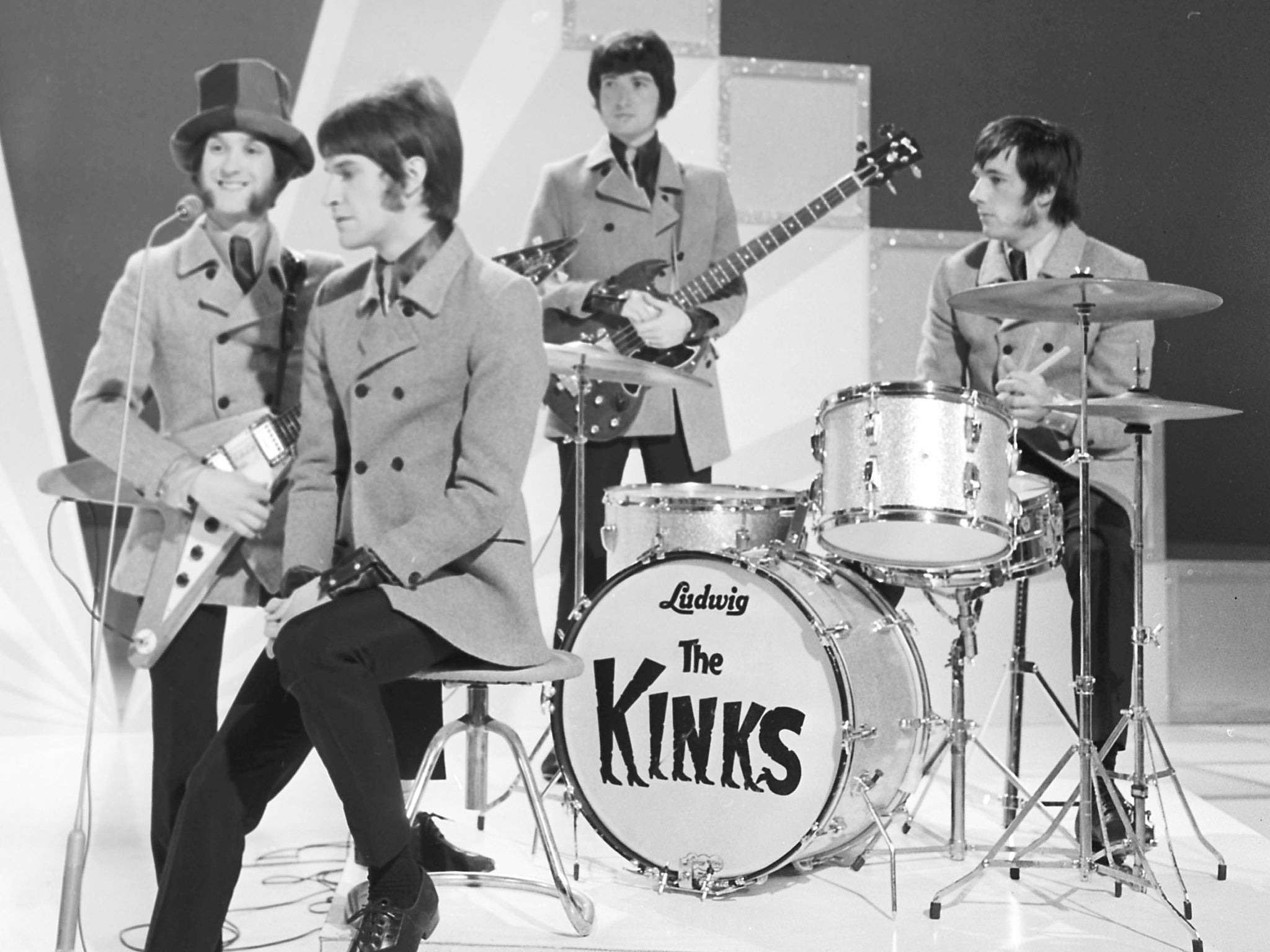
May: Waterloo Sunset – The Kinks. A love letter to an almost mythical time and place from the foremost observer of all things English and one of Ray Davies’s most personal songs, “Waterloo Sunset” is almost unbearably poignant and evocative. Based on Ray’s childhood and teenage memories and the dreams and aspirations of his older sister and her generation, “Waterloo Sunset” may just be the most loved and greatest song in The Kinks canon, helped immeasurably by Dave Davies’s wonderful cascading guitar intro.
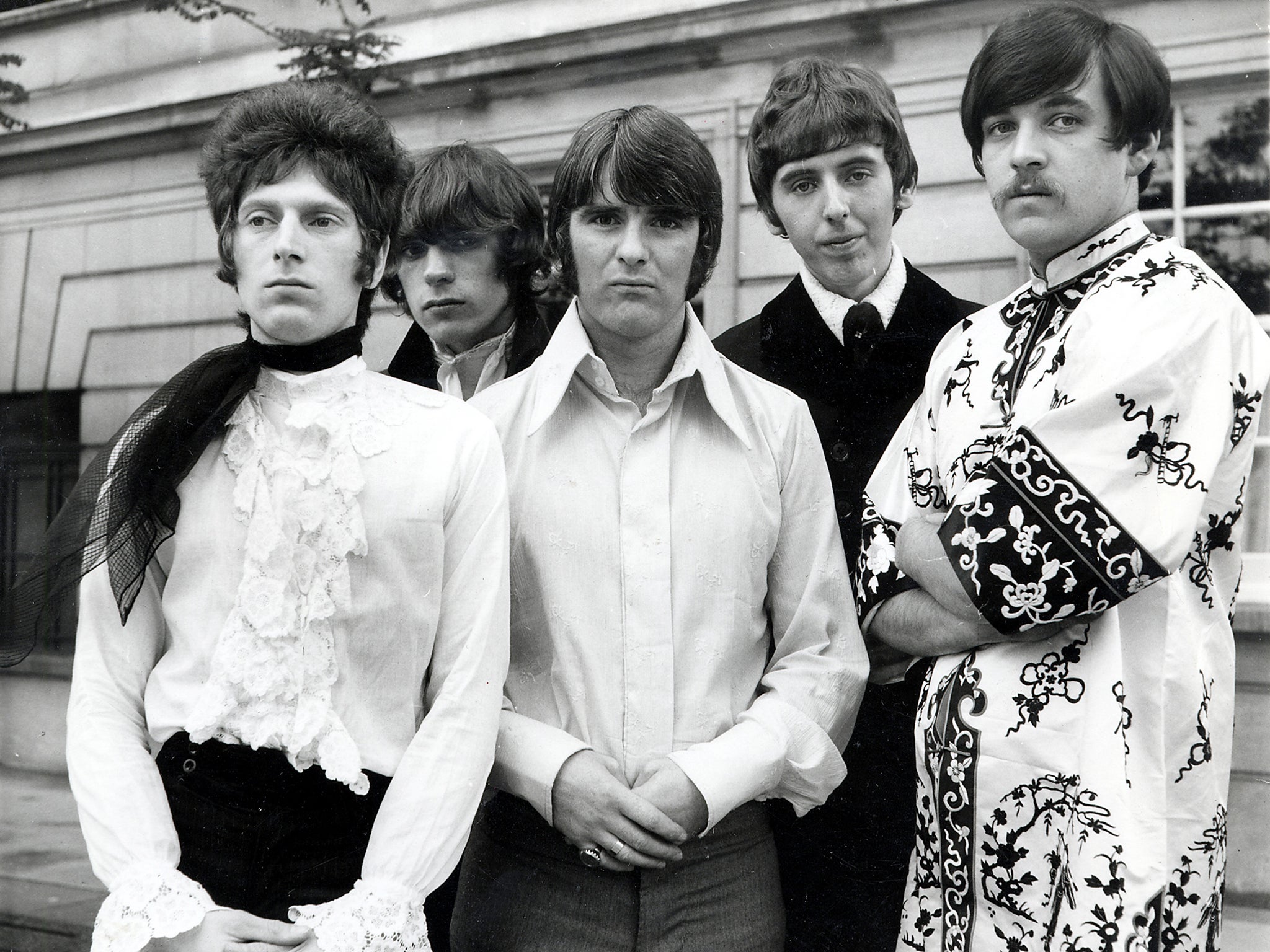
June: A Whiter Shade of Pale – Procol Harum. Inscrutable lyrics that invited their own interpretation, Gary Brooker’s soulful vocal and the famed baroque Hammond organ refrain based on Bach’s “Air on the G String”, but also influenced by recent Dylan recordings, all combined to produce for many, the defining sound of the era. It’s the song that sound tracked the summer of ‘67, a global smash that spent six weeks at number one in the UK, the band’s debut single, one that they found impossible to replicate and for good or bad helped give birth to the much-maligned “prog” rock.
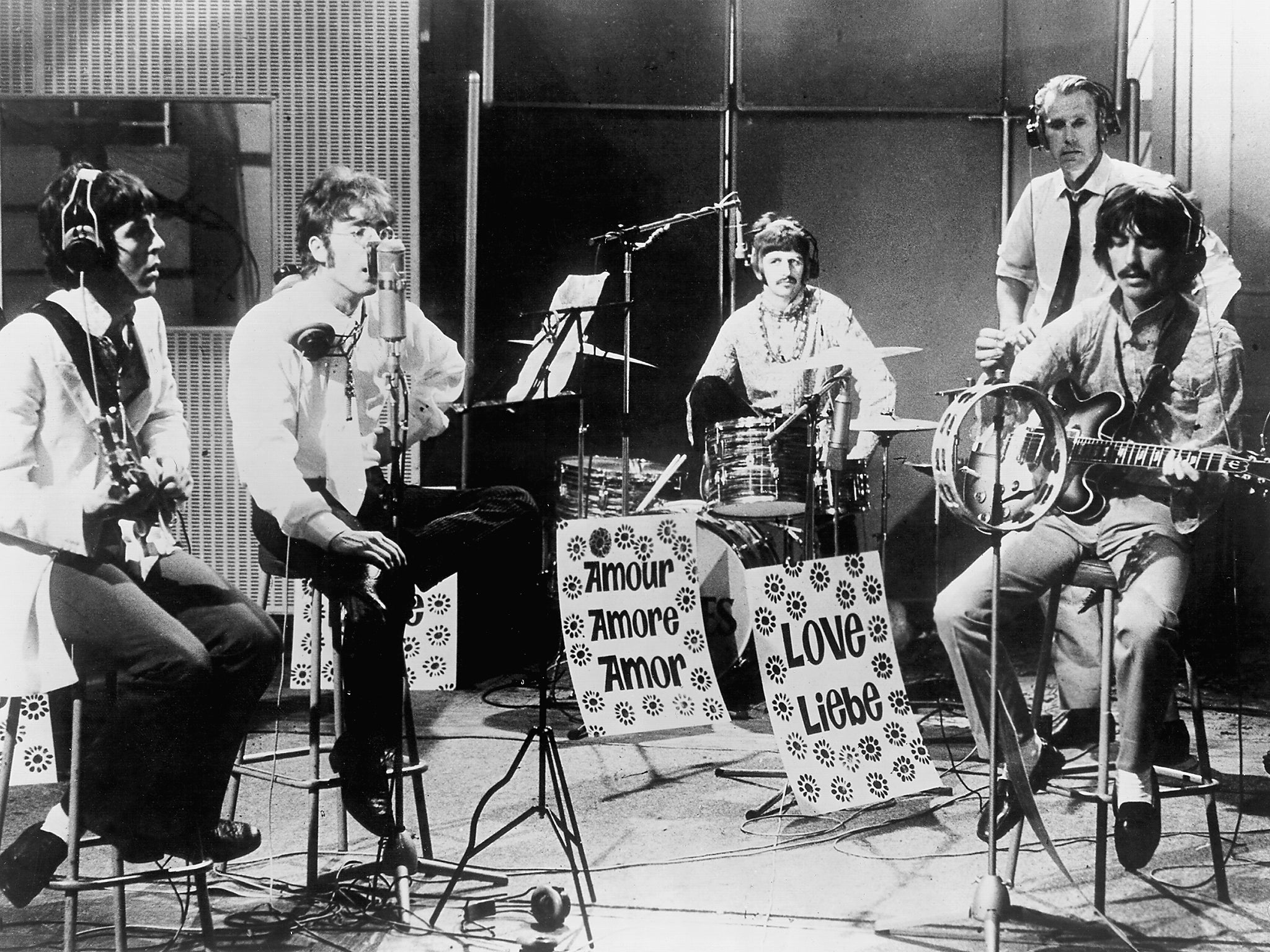
July: All You Need is Love – The Beatles. After the LSD-fuelled glories of Sgt Pepper, The Beatles could do no wrong. When they were selected to represent Britain on a live satellite television broadcast that was beamed around the world, John Lennon was savvy enough to hark back to simpler times, quickly composing a song for the performance with “Love” in the title and containing a message in tune with the times. There’s even a repeated “She Loves You Yeah Yeah Yeah” improvised refrain. “All You Need Is Love” would struggle to make a top fifty Beatles songs list but its simplistic message struck a chord with the masses. Three weeks at number one followed and the Summer of Love went into orbit.
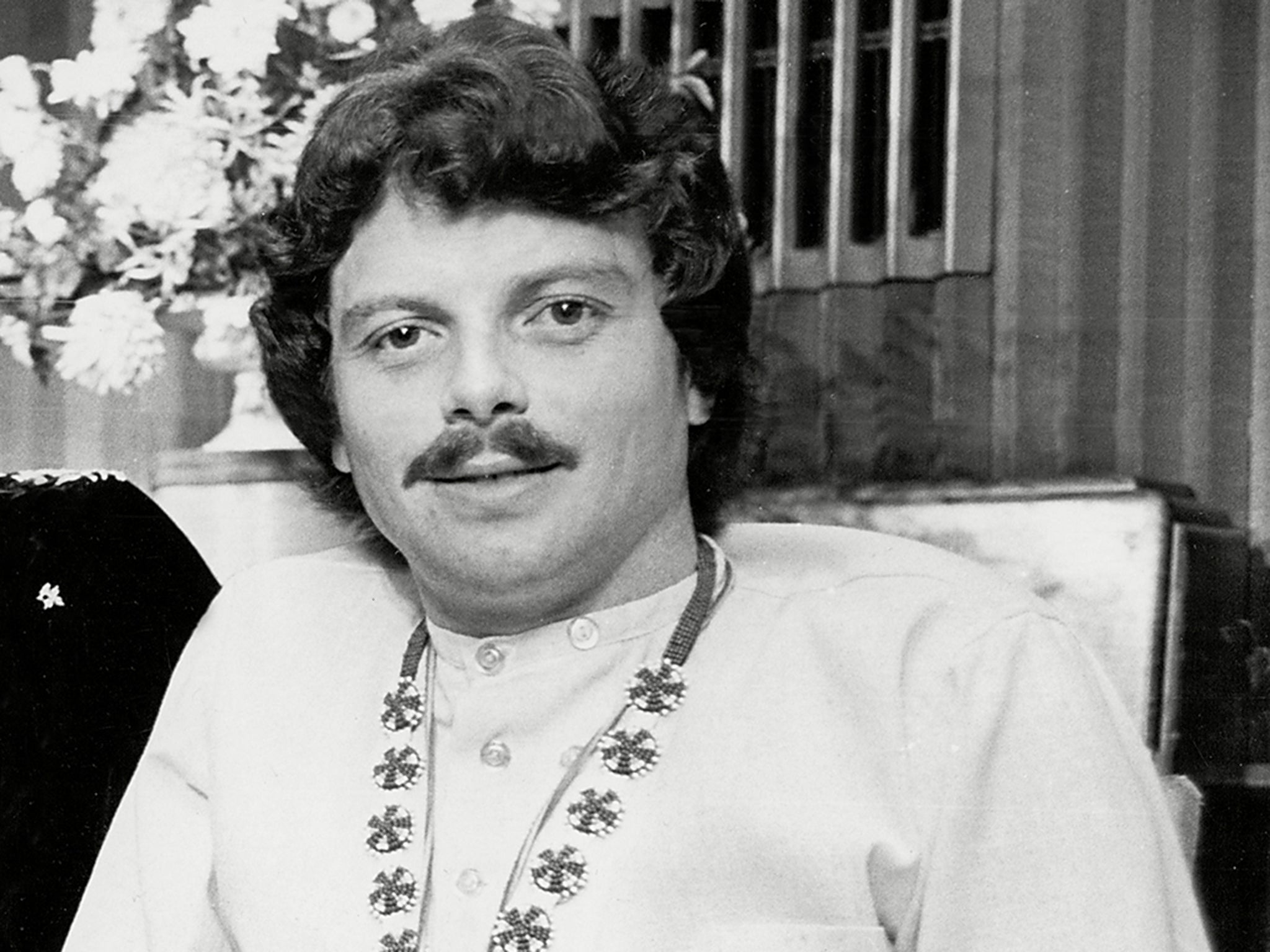
August: San Francisco (Be Sure To Wear Some Flowers In Your Hair) – Scott McKenzie. The ultimate hippie anthem and a record that more than any other contributed to the aura of the Summer of Love. Of course it’s impossibly dated and the cloying sentimentality of its message doesn’t half grate but there was something in The Mamas & the Papas’ John Phillips’ dopey (in all senses of the word) clarion call that resonated with 1967’s pop-pickers. The irony was that it reached number one nearly everywhere apart from the US, including four weeks in the UK, lapped up by people who probably got no further to San Francisco than watching Ironside on a Saturday night.
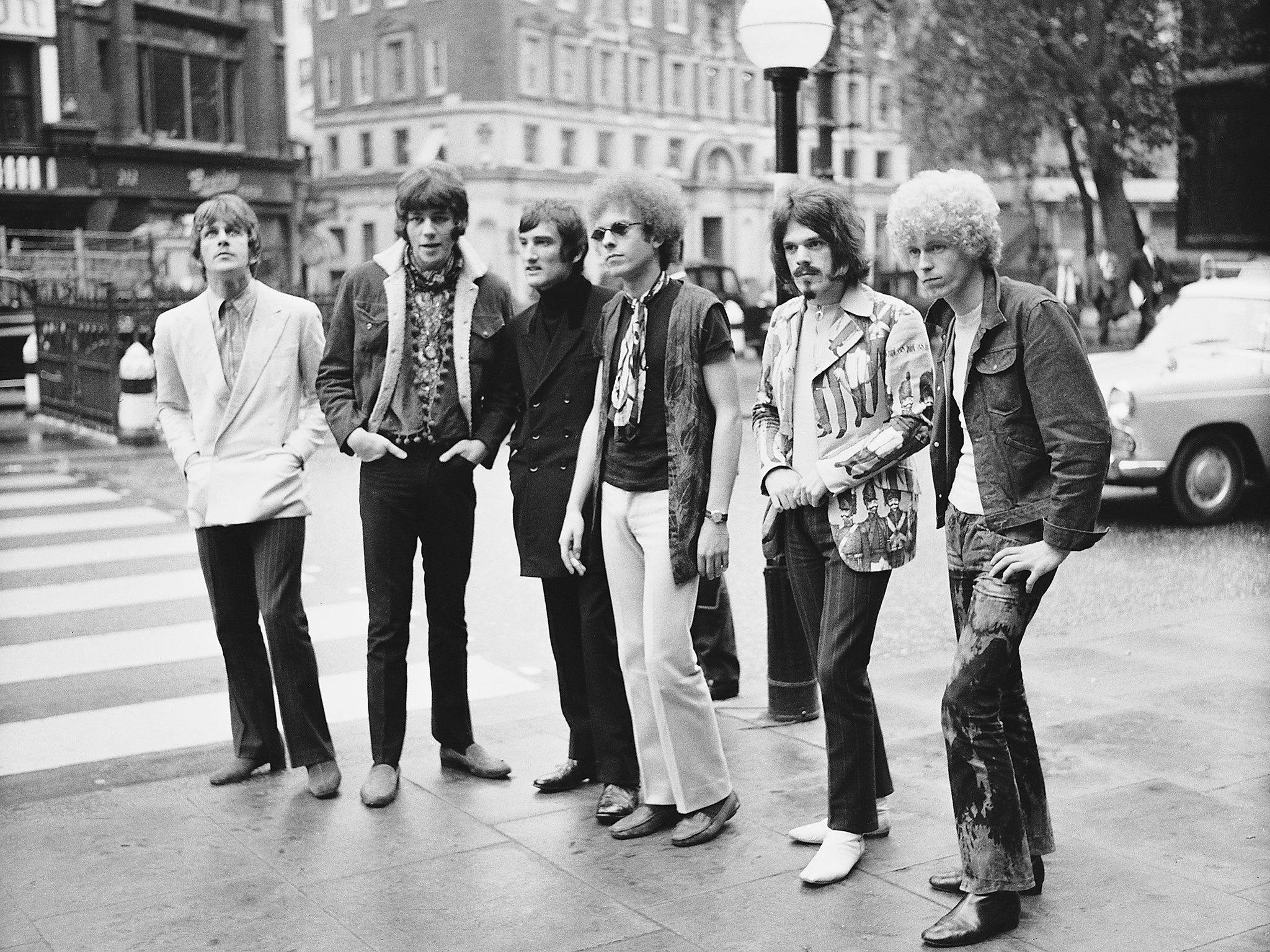
September: Flowers in the Rain – The Move. Yes, flowers again, but it is 1967 after all. It wasn’t the Brummie five piece’s best single, that honour belongs to the group’s only number one, the wistful “Blackberry Way”, however “Flowers in the Rain” will forever be inexorably linked with a time and a place thanks to its status as the first pop record played on Radio 1. It should be noted, nonetheless, that Tony Blackburn began with his show’s theme tune, “Beefeaters” by Johnny Dankworth, but don’t let the facts interfere with a good story. “Flowers in the Rain”, penned by The Move’s resident minor genius Roy Wood perfectly captured the essence of Sixties pop/psych in just two and a half minutes, choc-full of woodwinds and horns and thunder and rain sound effects. However, the band’s management contrived to score a spectacular own goal with a disastrous publicity campaign with a cartoon portraying Prime Minister Harold Wilson in bed with his secretary. Wilson sued for libel and won, with all royalties from the record donated to charity. Given that “Flowers in the Rain” reached number two, selling shed loads, the band then fired their manager. Well you would wouldn’t you?
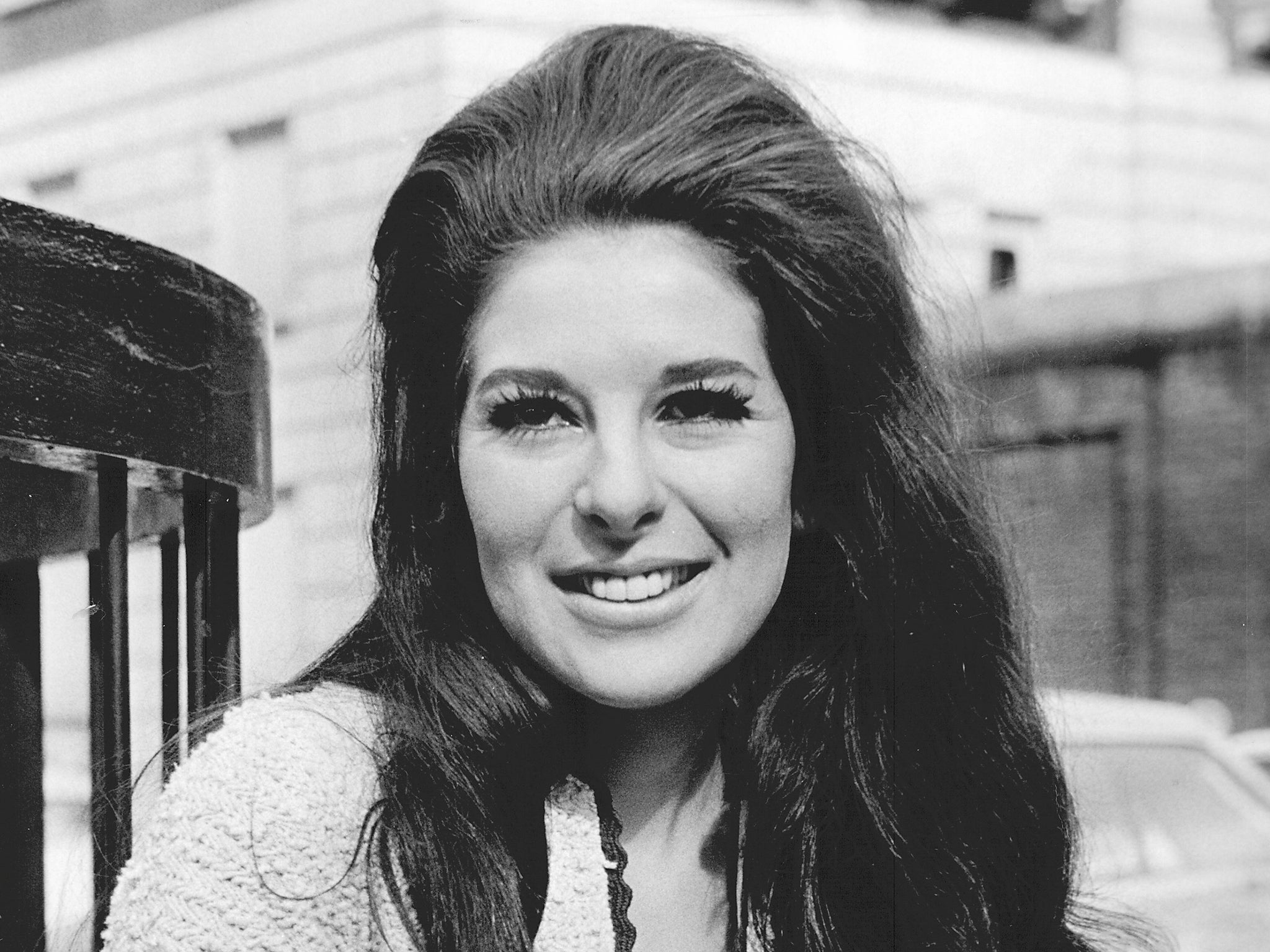
October: Ode to Billie Joe – Bobbie Gentry. A perfect counterpoint to the kaleidoscope of excess in 1967, Mississippi-born Bobbie Gentry’s self-penned, enigmatic lament for Billie Joe McAllister, who jumped off the Tallahatchie Bridge after throwing a mysterious package into the water boasted stark production, eerily effective strings, sensuous vocals and an air of mystery that beguiled audiences and critics alike, winning three Grammys for Gentry. Fifty years on we’re no wiser as to why Billie Joe did what he did and in the context of the song and Gentry’s intentions, that’s just as it should be.
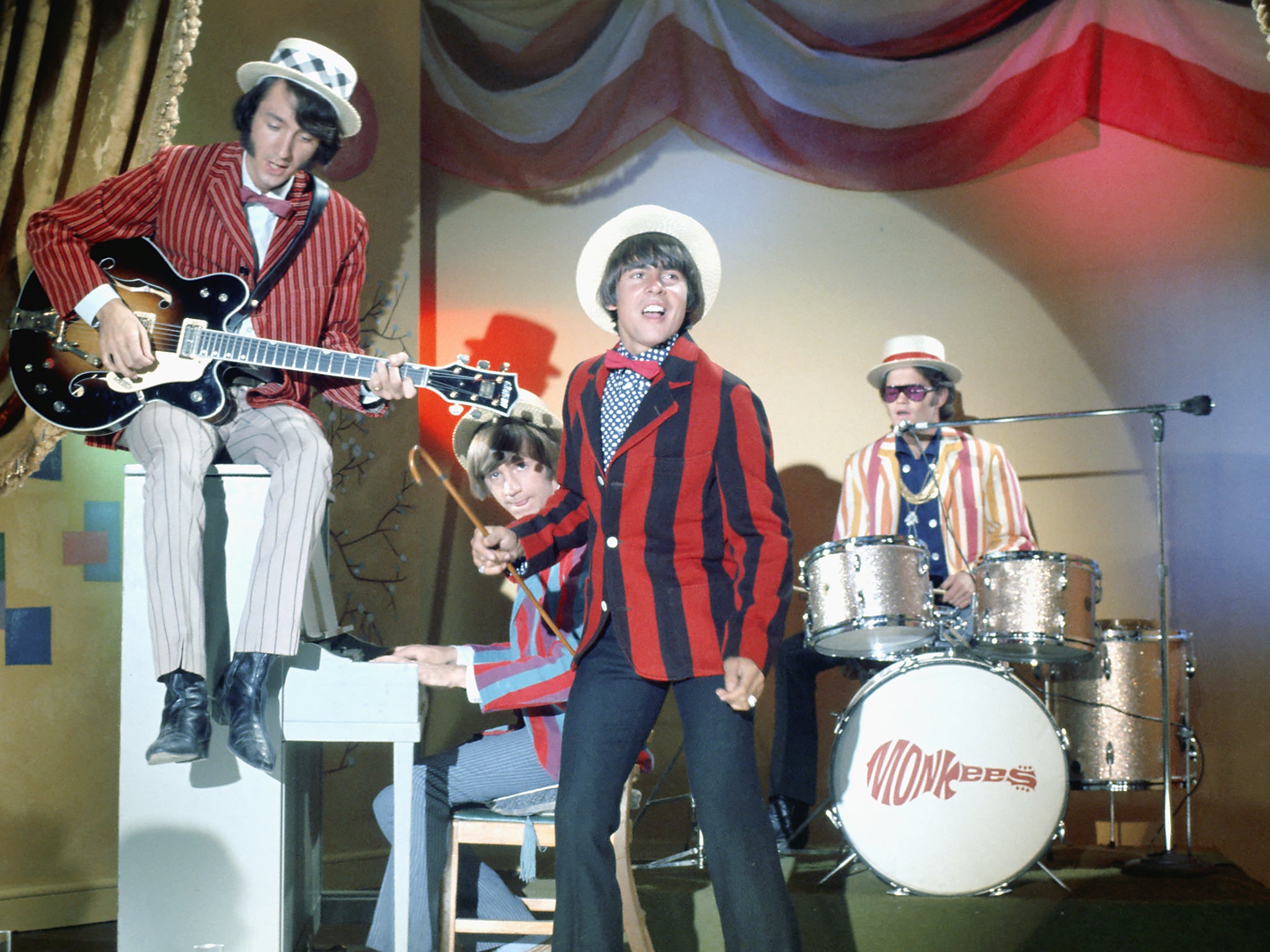
November: Daydream Believer – The Monkees. If 1967 belonged to The Beatles artistically, then in terms of popularity and commercial success, The Monkees owned it. The top-selling act in the world began the year with a number one single (“I’m a Believer”) and album on both sides of the Atlantic and in the UK alone in 1967 had six top-30 singles and three mega-selling albums. They were also a permanent fixture on our television screens thanks to their Saturday tea-time show. Initially derided by the critics as a manufactured band who weren’t allowed to play on their own records, The Monkees soon proved themselves as songwriters and musicians. The irresistible “Daydream Believer”, boasting a great Davy Jones vocal was a perfect example of their timeless sunshine pop and bookended their annus mirabilis.
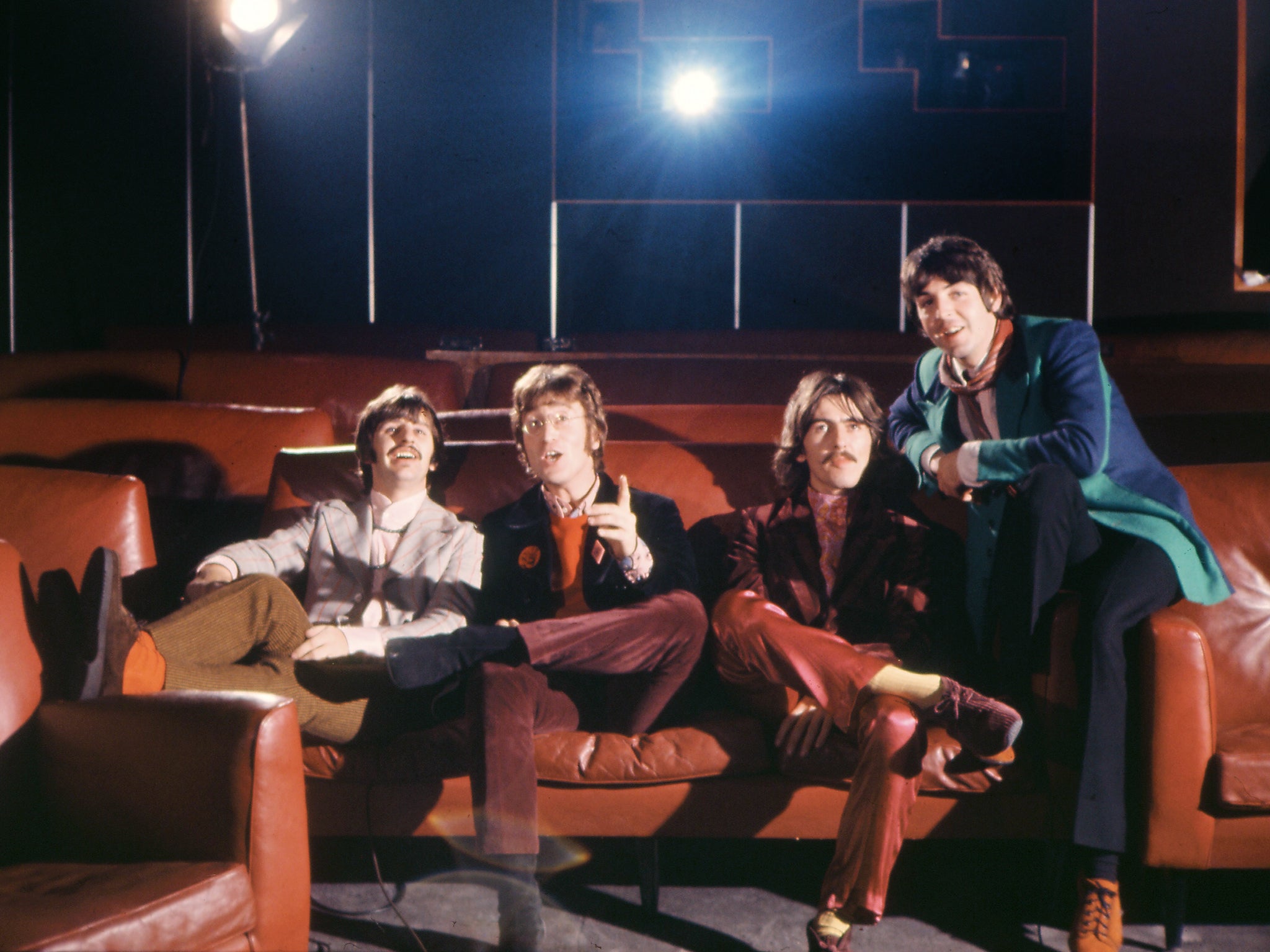
December: A Day in the Life – The Beatles. Fittingly, the year ended with Sgt Pepper’s Lonely Hearts Band at number one in the album charts having spent exactly six months at the top of the tree with only two albums from The Monkees challenging its domination. The closing track and defining song of Pepper, “A Day in the Life’s” deathless glories were banned by the BBC for perceived but generally accurate drugs’ allusions. It was the group’s most ambitious song yet, an epic stream of consciousness magnum opus with its final note stretching into infinity. With this one song alone, the spirit of adventure and innovation inherent in the music of 1967 was encapsulated. For those of a certain mindset, popular music doesn’t get any better than this.
And one that didn’t... I’m Waiting for the Man – The Velvet Underground & Nico. Not everyone bought into the whole peace and love vibe of 1967. Over on the East coast of America, taking inspiration from New York’s uncompromising street life, Lou Reed’s collective issued their debut album that was the antithesis of everything that the hippie ideal stood for. “I’m Waiting For the Man” was the absolute distillation of the decadent Velvets’ sound, a cacophony of drums, guitars and barrelhouse piano and sung with detached nonchalance by Reed about the dark underbelly of scoring heroin on the street. It was totally at odds with the “Turn on, Tune in, Drop out” mantra of the West coast. Neglected at the time, ironically “I’m Waiting for the Man” may now be the most influential song on this list.
Join our commenting forum
Join thought-provoking conversations, follow other Independent readers and see their replies
Comments
Bookmark popover
Removed from bookmarks